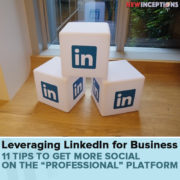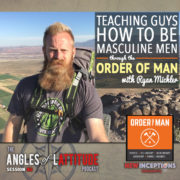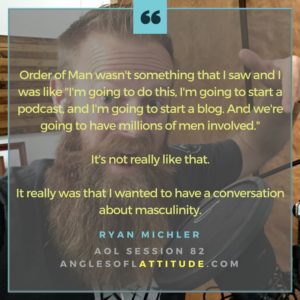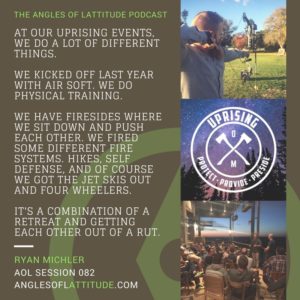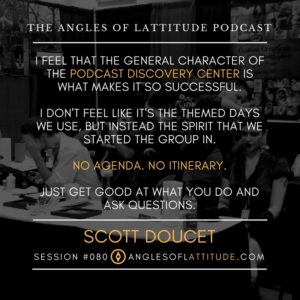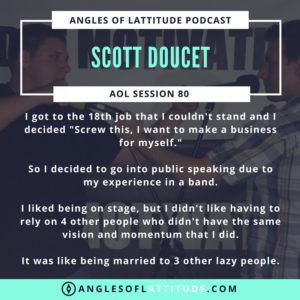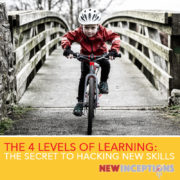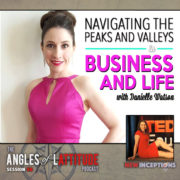Leveraging LinkedIn for Business: 11 Tips to Get More Social on the “Professional” Platform
Ever since my interview of Mirna Bacun back in session 18, I’ve been a proponent of folks starting groups on LinkedIn if they thought that their clientele would sooner be found on there than on Facebook.
Another reason that you might want to start a group on there is that it has a few more functions than groups on Facebook have these days – including a digest of activity.
There’s other reasons, but you can find out more about that in my interview with Myr here.
In the meantime, everyone that does business online SHOULD have at least a profile on LinkedIn. You never know who’s going to run across your account – and frankly, you can share things over there just as easily as you can on Facebook.
In this post, which was originally posted back on September 30th, 2010, I went over how you can make your account easier to find for those looking to fill a position. Back then, I was still trying to get hired by a startup – so I wrote it in that perspective. Eventually, I did land a position through that old advice – but I think it’s time that this post get’s a bit of an update! – JC
What is LinkedIn, Really?
Since graduating, one thing has definitely been on my mind as I’ve been looking into professional networking: LinkedIn. To those of us not familiar with it, I’ll just say that it’s basically a Facebook for professionals. It has many features that Facebook has except without all the personal clutter that makes Facebook is known for.
Here’s a review of the new LinkedIn User Interface in 2017 by Paul Wilson to get you up to speed if you’ve never made an account on the platform before:
If you’re a professional or business owner and you DON’T have a LinkedIn account, then you might be missing out. Sure, you can make plenty of noise through having your own Facebook Group these days, but if not everyone uses Facebook for business – yet. So having an up-to-date account on LinkedIn pointing to your account on Facebook (if that’s where they can find you most often) might be the best solution.
Tips on Using LinkedIn
That being the case, here are a few things that you want to focus on when getting involved with LinkedIn:
1. Make sure you Create a 100% full Profile.
This includes getting 3 recommendations and a nice (professional) picture for yourself.
2. Use Keywords in your Profile.
For me I try to use terms related to online business development, brand development, and social media consulting. The more often you use particular keywords in your profile, the easier it is for LinkedIn’s search engine to find you. This makes it easier for others to find you if they look for that particular term.
3. Update your Profile Regularly.
Just like other social media platforms, people take interest in you if you post more frequently. One way to do this is by linking your profile to your other social media accounts. That way, whatever you post over there will be seen on LinkedIn. However, if you’re posting super personal information regularly, you might want to reconsider doing this. The best course of action is simply posting native material to LinkedIn.
4. Find and Participate in the Groups You Care About!
Just like groups on Facebook, Groups in LinkedIn can be a great place to meet liked minded individuals that can help you get to where you’re trying to get to in your career.
5. Add anyone you meet in Business and Life
Just like adding people to Facebook, don’t be afraid to ask them to be LinkedIn! Just like in Facebook, the more people you’re connected to, the better off you are in networking. Those are selective in whom they select to be part of their list aren’t doing themselves any favors. (When inviting them on LinkedIn, be sure to use a custom message.)
6. Get familiar with Browsing your Connections’ Connections.
You never know who knows the people you know. As David Anderson said, “You’re only one person away from having everything come true that you want in life.”
7. Start following particular companies that you might enjoy working with.
When you do this it will be announced to people in your network. Answering questions in groups does wonders to get you noticed as well.
8. Don’t be afraid to leave Recommendations for people.
In fact, when you leave recommendations for people – more often than not, they’ll return the favor. This makes you look hella awesome!
9. Share What You Know
If you know something about a company such as an event or the fact that they’re hiring, let others know!
This is another way of building rapport with members of your network. What goes around, should come around!
10. Use that Search Feature!
On many websites this feature gets overlooked as it tends to be somewhat frustrating to use. Not the case at LinkedIn. Use it to find potential clients or groups that you want to work with.
11. Create Your Own Group
As mentioned at the beginning of this post, having your own group is a great way to develop a following. Myr was ahead of her time when she created her formula – so if building a following on LinkedIn is key to building your business – don’t hesitate and get educated!
Action Steps
With it’s update this past year, LinkedIn is stepping up its game. It functions more and more like Facebook, which, in general, makes it easier for people to navigate. Again, the big difference is that the audiences are completely different. Even though you can do business on Facebook, it’s still the exception and not the norm.
If you haven’t been on LinkedIn for awhile or feel you have to spend a lot of time there to make it worth your while – think again!

